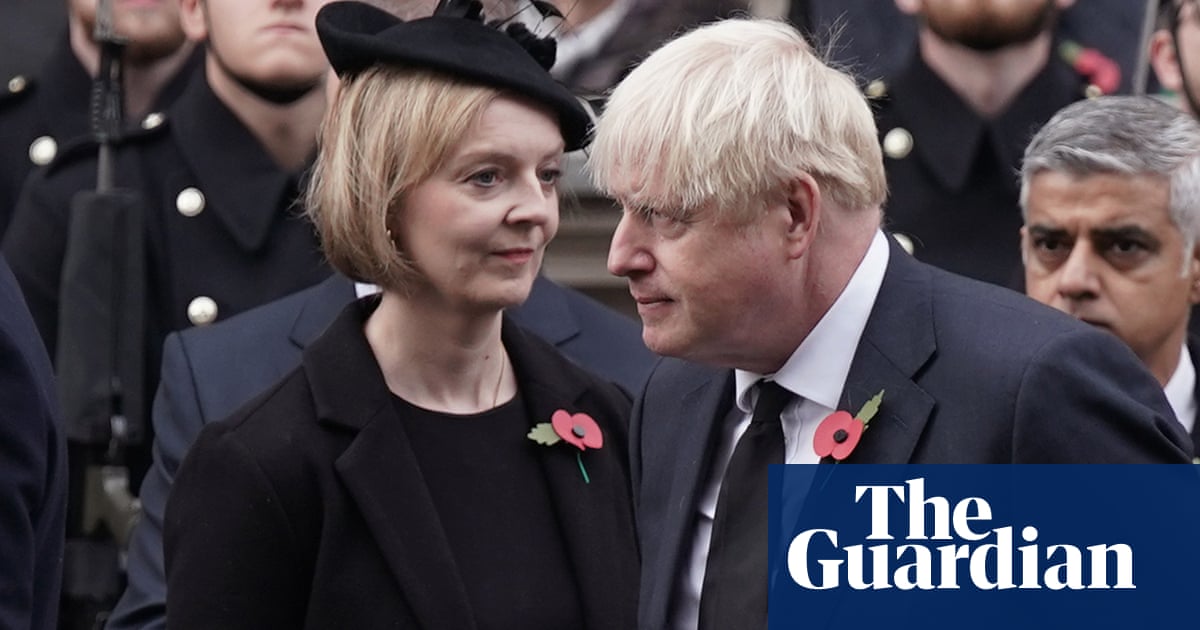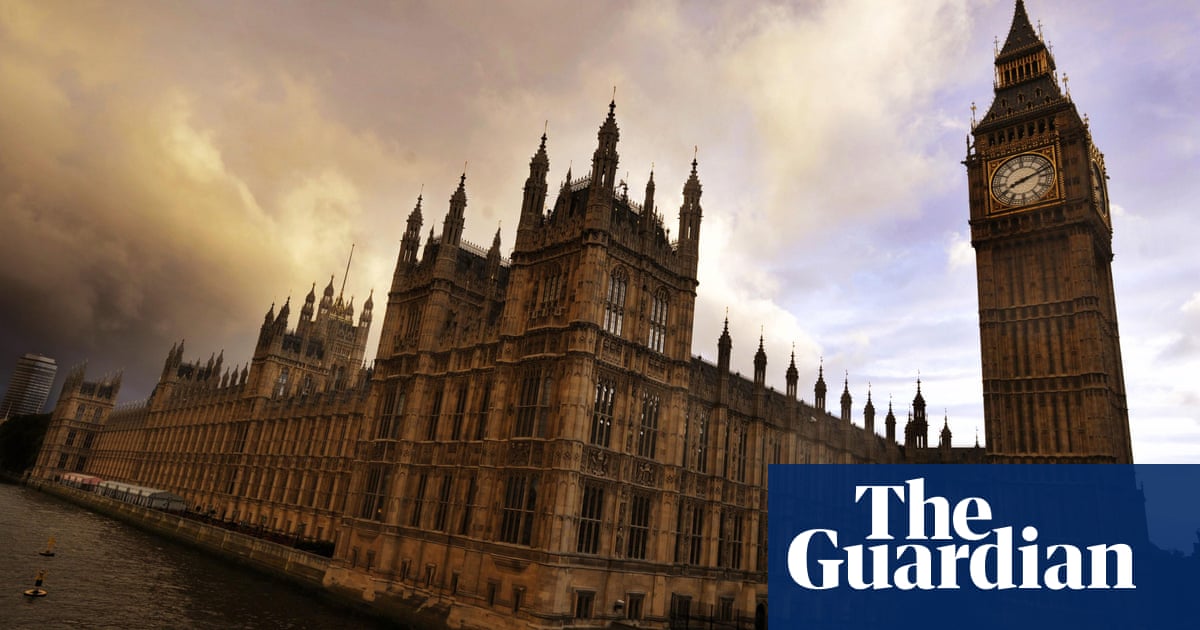
A full inquiry into lobbying rules could call as witnesses all living ex-prime ministers, as well as key figures in the Greensill scandal, including the company’s founder Lex Greensill, the former civil servant Bill Crothers and the former Cabinet Office chief John Manzoni.
Other key figures in previous governments, including George Osborne and Nick Clegg, could also be invited to give evidence, the Guardian understands.
The inquiry by MPs on the public administration and constitutional affairs committee (Pacac) could recommend harsher sanctions for those who breach lobbying rules or codes of conducts.
Chaired by the Tory MP William Wragg, it has invited Tony Blair, Gordon Brown, John Major and David Cameron to give evidence.
Wragg said the committee would invite all former prime ministers, with a particular interest in Cameron but would also be keen to speak to Major and Brown who have gone on the record with their criticism of current lobbying rules.
“The experience of an ex-prime minister is rare and we want to give all the opportunity to give us their views,” Wragg said. “That experience is the immediate issue and our immediate focus.”
Another source close to the committee said they were also considering invitations to key players in some of the investigations into Greensill, including the former civil servants who went on to work for the company or those that worked closely with him while they had an official advisory role in government.
The offices of Cameron and Major have already indicated that they could participate. Major’s office declined to commit to a specific inquiry but repeated his comments from earlier this month when he said he believed it was “right to re-examine and update the rules on propriety”. Blair’s office declined to comment and Brown did not respond to requests for comment.
Theresa May, who is a sitting MP, is thought to be a slightly different case by the committee because all her outside work is regularly declared through the Commons register of interests. She is understood to be willing to consider an invitation.
The inquiry, which announced its terms of reference on Monday, is set to be far more wide-ranging than the independent review announced by the government chaired by corporate lawyer Nigel Boardman.
The terms of the Pacac inquiry were agreed by MPs from wide-ranging backgrounds on the committee, including former Brexit minister David Jones and the former shadow chancellor John McDonnell.
Wragg said that although it was “right and proper” that the Boardman review had been commissioned, he added: “Without disparaging the Boardman review, it’s right that parliament does its work. It is broad enough to deal with any avenues that might turn up – it’s a fast-moving feast. We think it can be responsive to new developments and also keep the inquiry quite focused.”
The inquiry, one of three launched by different select committees, has agreed it will look at the codes of ministerial conduct and for special advisers and officials, to see how effective they are.
It will probe the role of the advisory committee on business appointments, which is intended to advise on potential conflicts of interests for ex-ministers and senior officials, but which critics have called toothless. It will also potentially make recommendations for changes to the lobbying act.
It will also examine the role of consultants and contractors within government and safeguards around those brought in for advisory roles.
The UK cabinet secretary, Simon Case, has ordered civil servants to urgently disclose any conflicts of interest following the revelation that senior official Crothers worked for Greensill while in government.
His overlap with Greensill is reported to have been approved by Manzoni, then the permanent secretary of the Cabinet Office.
Johnson moved to defend the civil service on Monday, saying he did not believe there were many senior officials who were also working for private companies.
“I just want to stress one thing to people who are sort of vaguely tuning in to this. People should not, in my view, form the impression that the upper echelons of the British civil service have got loads of people who are double-hatting, as it were, doing two jobs – it just isn’t true.”











